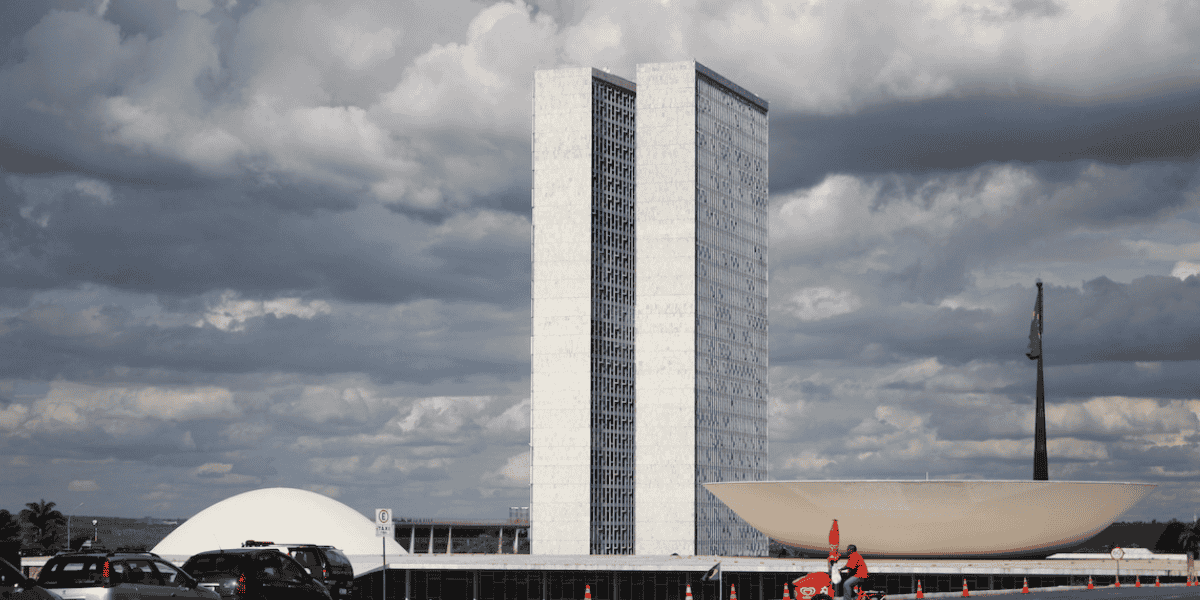On 31 July 2023 the IMF issued a report following talks with Brazil under Article IV of the IMF’s articles of agreement.
Although economic growth in the first part of 2023 has been buoyed by strong agricultural output, manufacturing and services have been more subdued and this will lead to decreased growth during the year. Economic growth is estimated to fall from 2.9% in 2022 to 2.1% in 2023, with falling investment and slowing private consumption. There are potential downside risks from the possibility of a more abrupt global slowdown, a further sharp tightening of global financial conditions or commodity price volatility.
The economic situation could be improved by further fiscal consolidation, including implementation of the indirect tax reform and exploiting the opportunities for green growth. The fiscal position has already been boosted by the recent progress in the legislative agenda including reforms to direct taxes and the strengthening of the administrative review of tax disputes. The IMF has encouraged Brazil to broaden the tax base and has welcomed the proposed indirect tax reform and further proposals for reform of direct taxes and streamlining of tax expenditures. By achieving additional revenue mobilization Brazil can create space for priority spending.
The IMF report emphasises that structural reform priorities should focus on increasing productivity, reducing the size of the informal economy and promoting green growth. Efforts must be made to promote innovation, trade integration, and competitiveness. The anti-corruption regime and the framework for anti-money laundering and combating the financing of terrorism (AML/CFT) should be made more effective. The IMF welcomed the government plans to strengthen climate resilience, prevent illegal deforestation and reduce carbon emissions in the economy.














